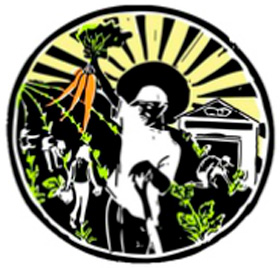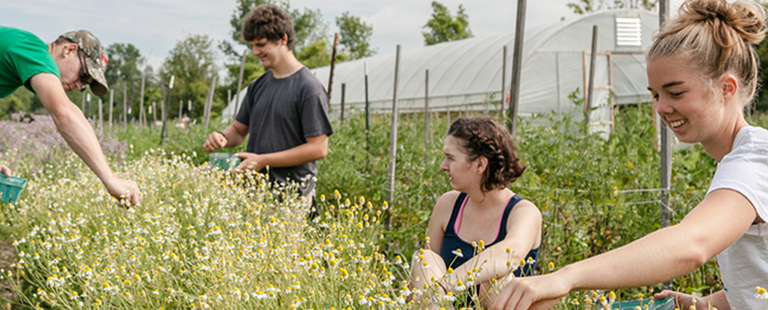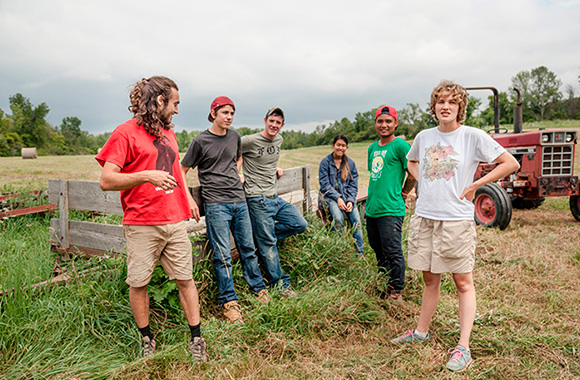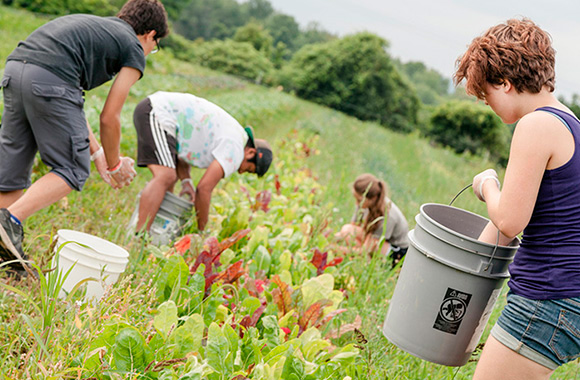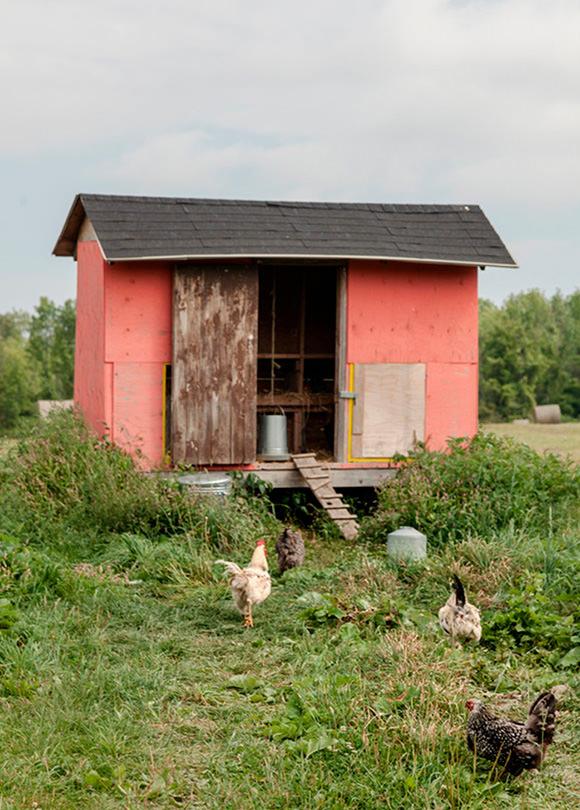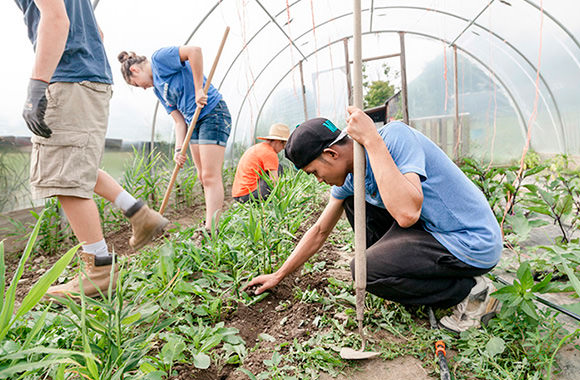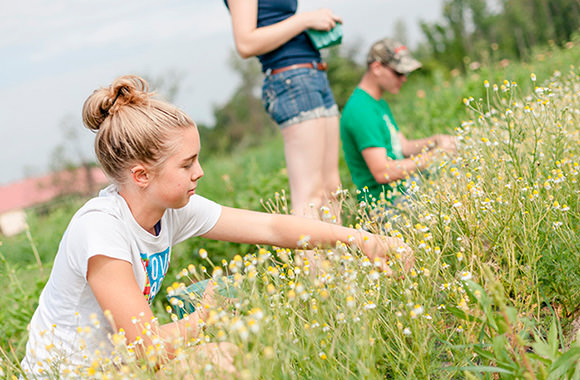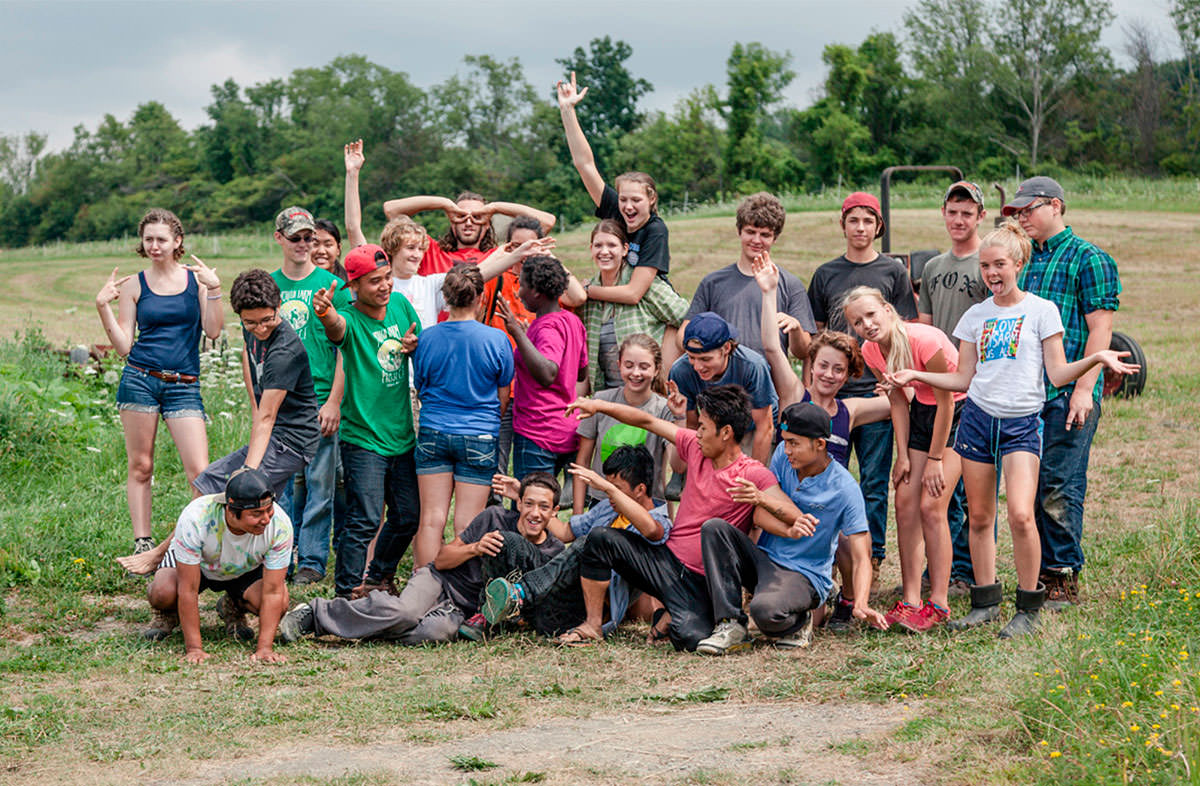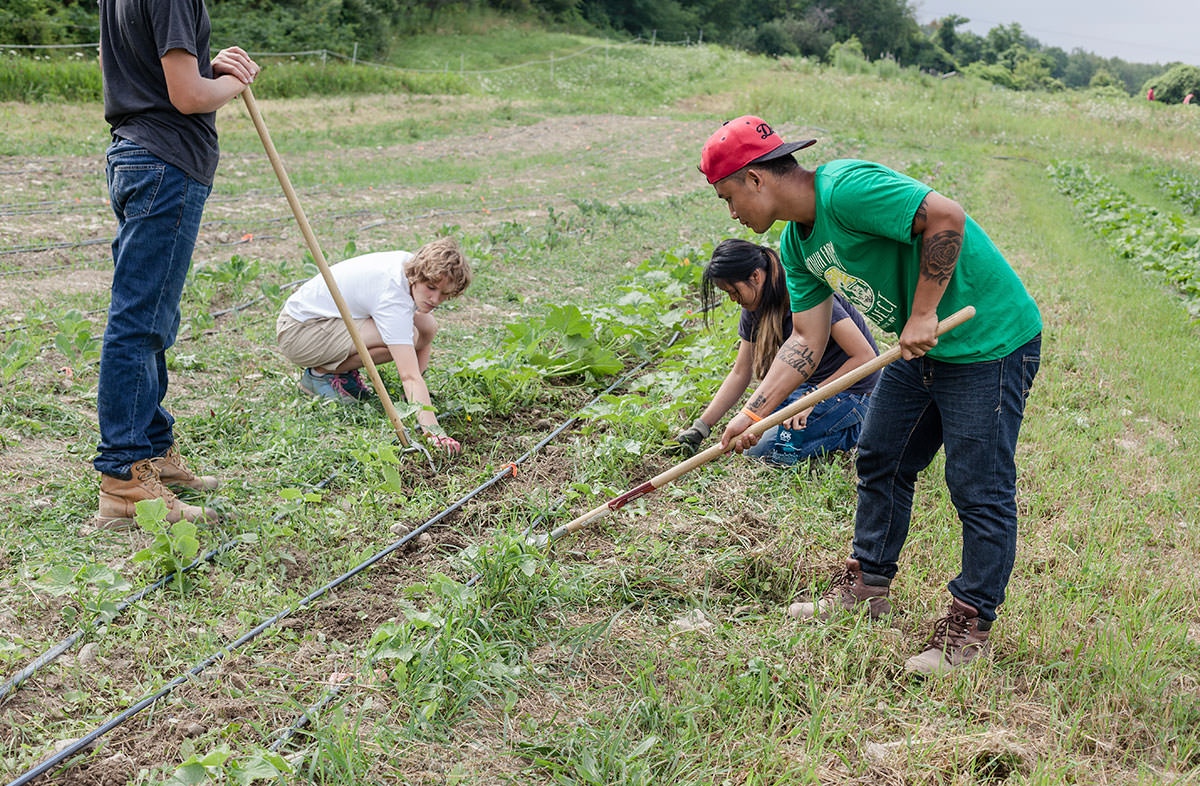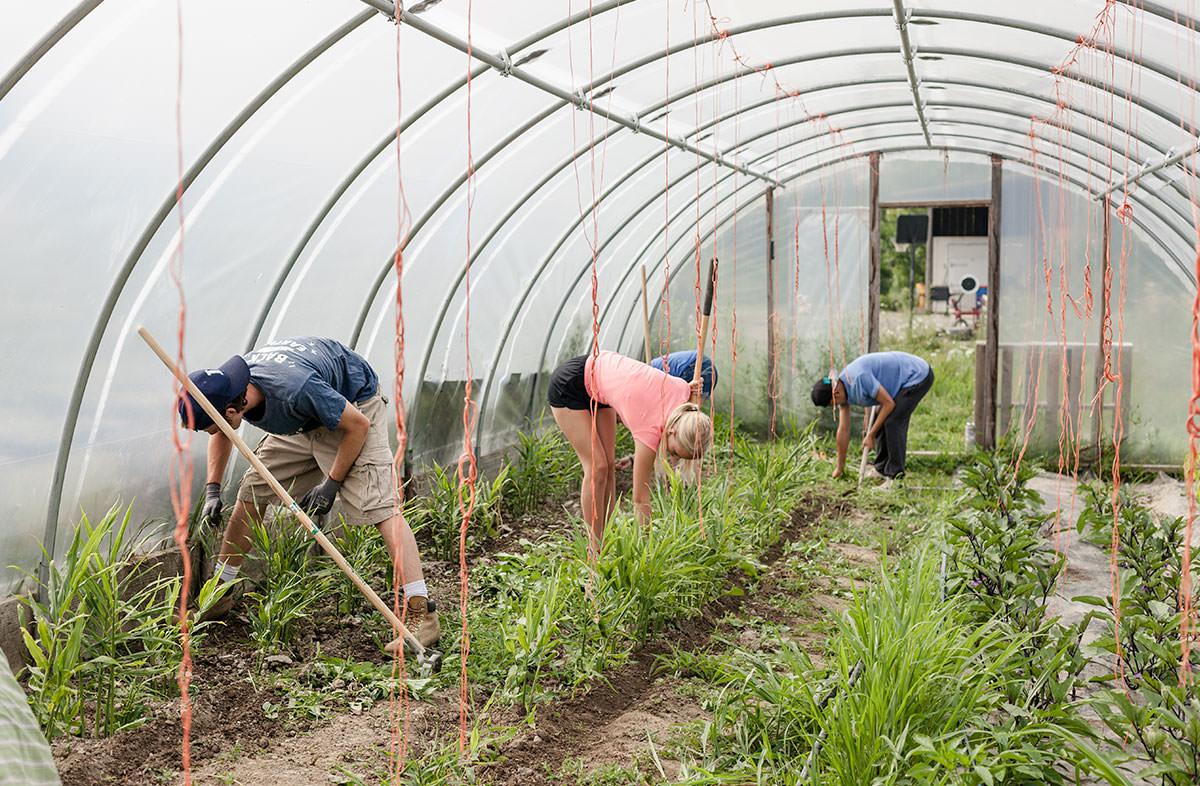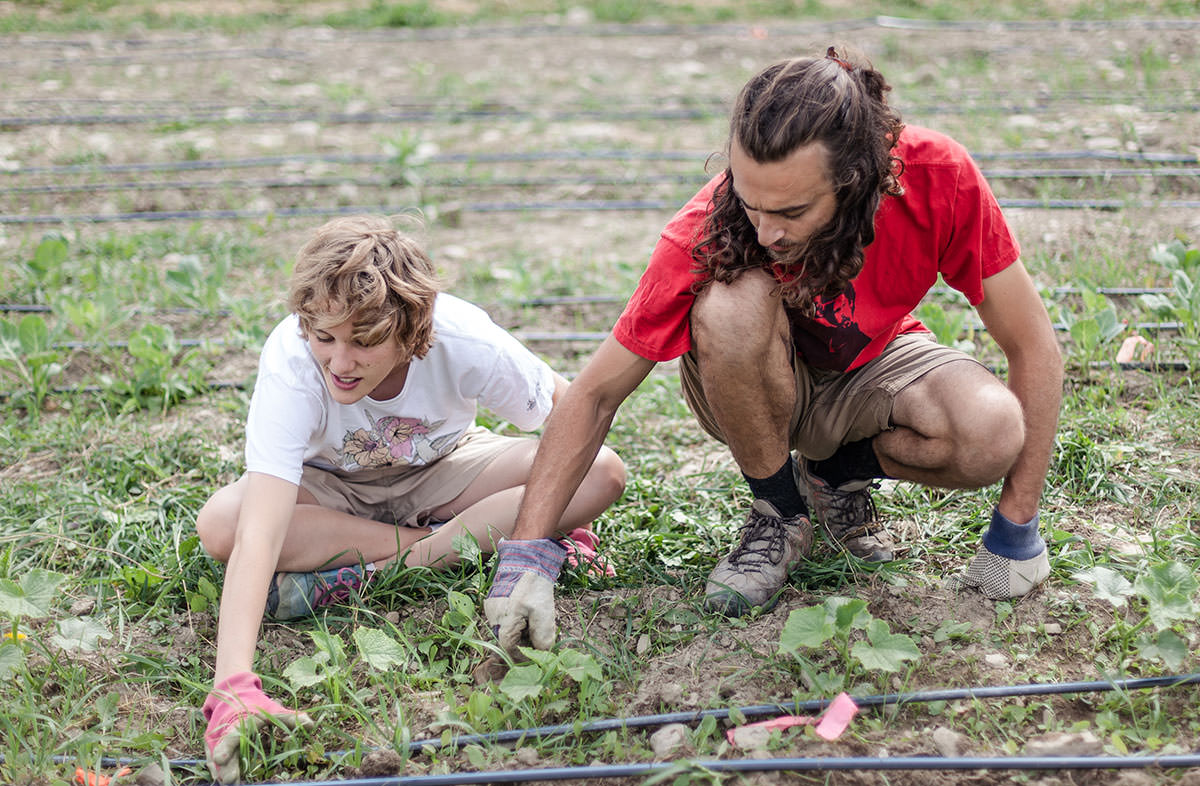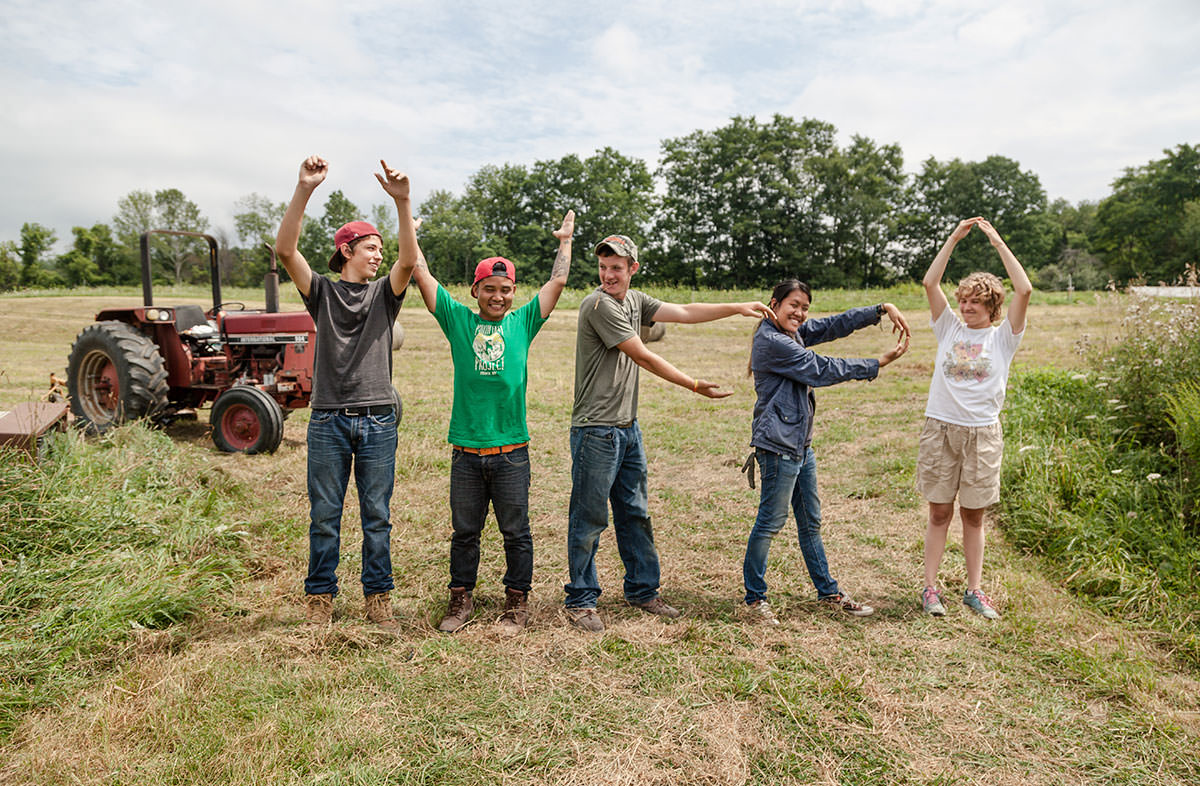The growing of food is a theater...
The Youth Farm Project provides an example of a project that strengthened its organizational capacity under CTA and has since gained its own tax-exempt 501c3 status.
Since 2009, the Youth Farm has supported our community’s youth as they work together to build a more equitable food system. “It’s a multi-faceted effort to involve local young people in a process of learning and empowerment,” explains Dan Flerlage, one of the Youth Farm Project’s founders. “It brings students to a place of personal awareness with their relationship to food, the meaning of their local food system, and all of its inequities that are begging for attention. It empowers them to grow food that can contribute to reducing some of those inequities.”
We’re bringing students to a place of personal awareness with their relationship to food and the meaning of their local food system
The Summer Program is the cornerstone of the organization’s offerings. Throughout the growing season, teens have a chance to work in every aspect of food production: sowing seeds, managing harvests, selling produce at their mobile market, and participating in weekly development sessions when they learn to transform the raw produce that they grow into value-added products and discuss the community issues their work can impact. Privilege, racism, localisation, economic impact, migrant labor, climate change– the discussion topics vary, but they’ve become a guiding force in decision-making for both students and staff.
